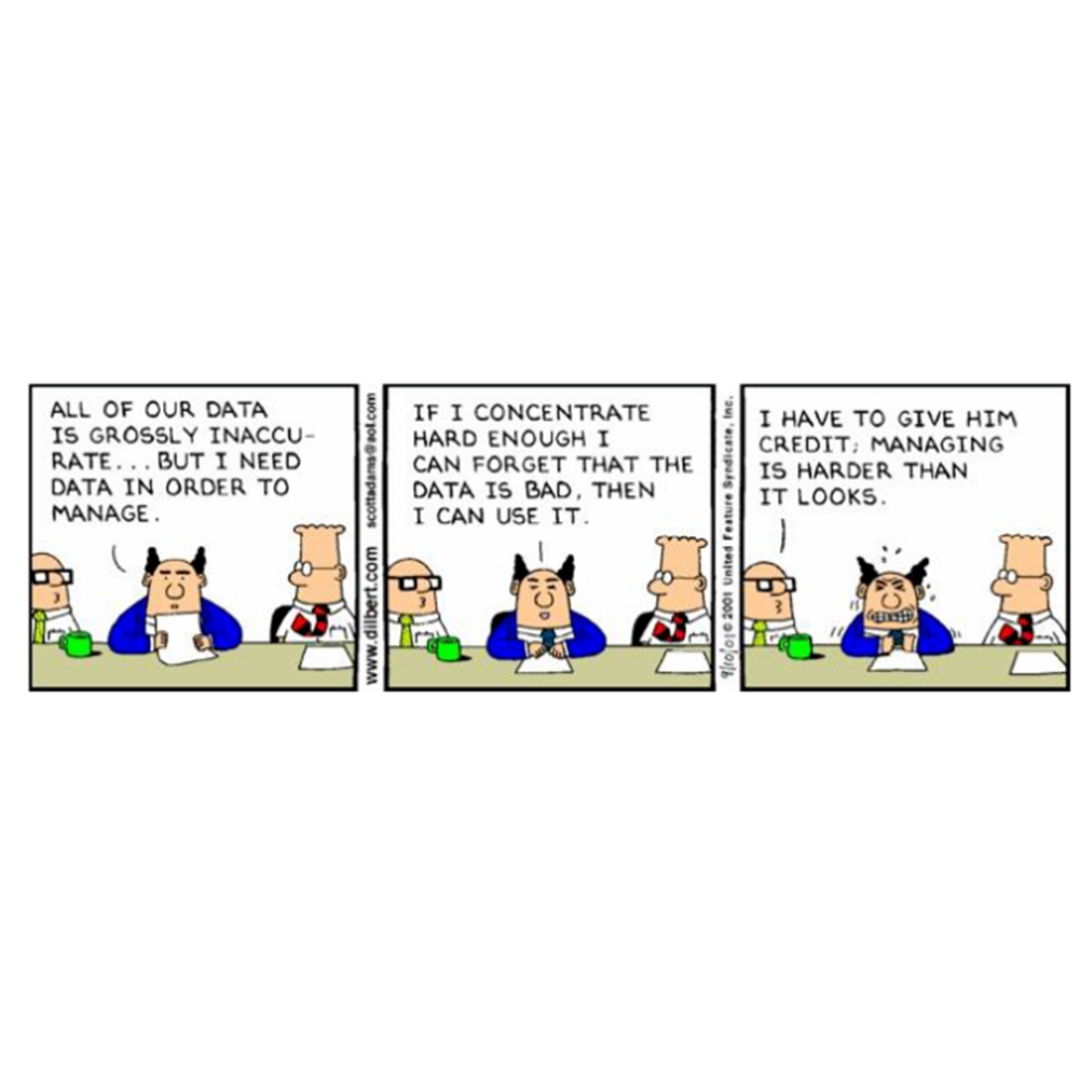The Importance of a Strong HR Data Strategy: Common Challenges and Solutions?
In today’s competitive landscape, a robust HR data strategy is essential for leveraging human resources effectively. An effective HR data strategy transforms raw data into valuable insights, enhances decision-making, and optimises HR operations.
However, many organisations face challenges in implementing a successful HR data strategy. Understanding these common pitfalls and knowing how to address them can significantly improve your HR outcomes.
Common HR Data strategy challenges
Why does your HR Data Strategy matter?
A solid HR data strategy provides access to accurate, timely, and comprehensive data. This enables HR leaders and managers to make informed decisions about recruitment, talent management, and employee development. Data-driven decisions are more reliable and can lead to better outcomes for both employees and the organization.
By streamlining data management and automating routine HR processes, an effective HR data strategy can significantly improve operational efficiency. Automating tasks like payroll processing, performance evaluations, and benefits administration reduces manual workload, minimises errors, and frees up time for strategic activities.
With a well-implemented HR data strategy, organisations can gain insights into workforce trends, identify skill gaps, and forecast future talent needs. This enables more effective talent acquisition and development strategies, ensuring that the right people are in the right roles at the right time.
A comprehensive HR data strategy helps ensure compliance with labour laws, regulations, and internal policies. By maintaining accurate and up-to-date records, organisations can reduce the risk of legal issues and ensure adherence to regulatory requirements.
A data-driven approach enables HR teams to identify potential issues before they become significant problems. By analysing trends and patterns in HR data, organisations can proactively address challenges related to employee turnover, performance issues, or engagement gaps.
How to enhance your HR Strategy?
A well-crafted HR strategy is vital for aligning human resources with organisational goals and driving overall success. To make your HR strategy more effective, consider the following steps:
Ensure that your HR strategy is closely aligned with the broader goals of your organization. Collaborate with leadership to understand business priorities and tailor HR initiatives to support these objectives. This alignment ensures that HR efforts contribute directly to the company’s success.
Develop initiatives that promote a positive and inclusive workplace culture. Focus on employee engagement, recognition programs, and professional development opportunities. A strong organisational culture enhances employee satisfaction, boosts morale, and improves retention rates.
Adopt advanced HR technologies to streamline processes and enhance efficiency. Tools for applicant tracking, performance management, and employee engagement can automate routine tasks and provide valuable insights. Evaluate and invest in HR software that supports your strategic goals and integrates well with other systems.
Enhance communication within your HR department and across the organization. Ensure that HR policies, goals, and expectations are clearly communicated to all employees. Foster transparency by sharing relevant data and updates, and encourage open dialogue between management and staff.
Enhance your recruitment process by defining clear job requirements, using data-driven hiring practices, and creating a positive candidate experience. Develop retention strategies such as competitive compensation, career development opportunities, and work-life balance initiatives to keep top talent engaged and satisfied.
Foster a culture of innovation within your HR team. Encourage experimentation with new approaches, technologies, and practices. Continuously seek opportunities for improvement and stay informed about industry trends and best practices.
Conclusion
A strong HR data strategy is crucial for transforming how you manage and utilise human resources. By addressing common challenges such as data silos, poor data quality, and misalignment with business goals, and by implementing solutions like integrated data systems and advanced analytics tools, you can overcome obstacles and leverage your HR data for greater success. A strategic approach will enable you to make informed decisions, enhance efficiency, and drive positive outcomes for your organisation.
Looking to customise your analytics services to meet your unique needs?
More Insights










